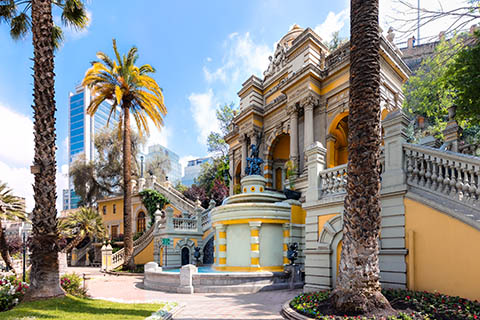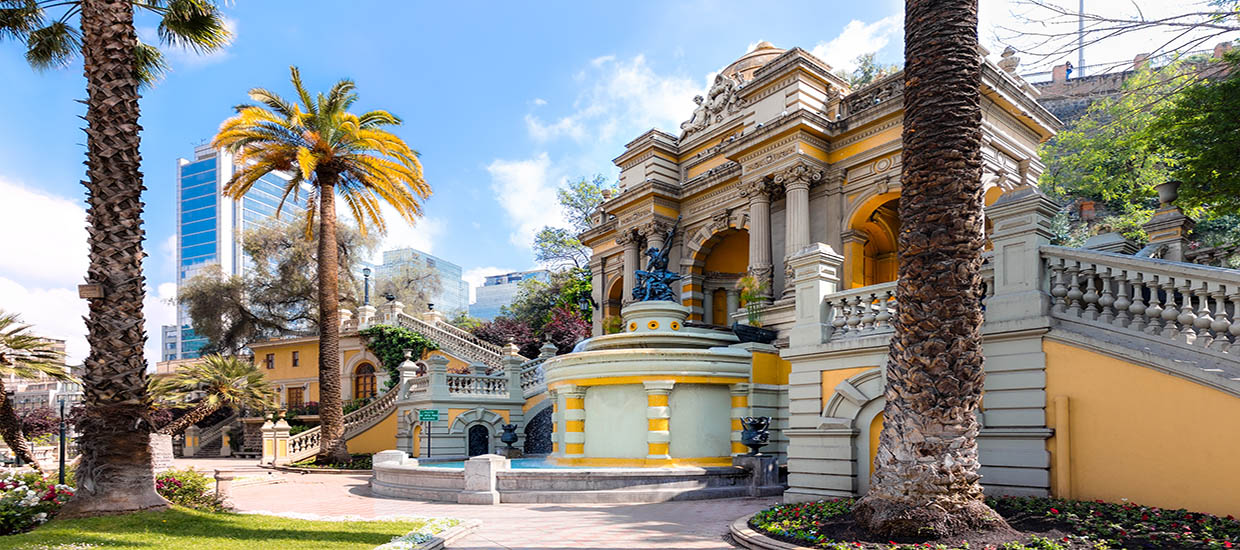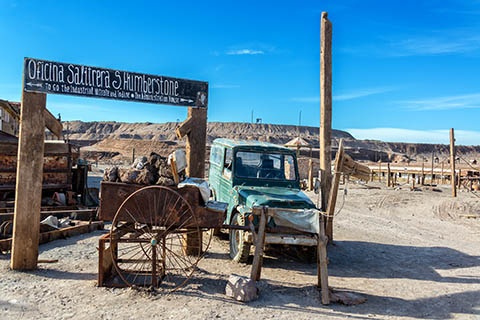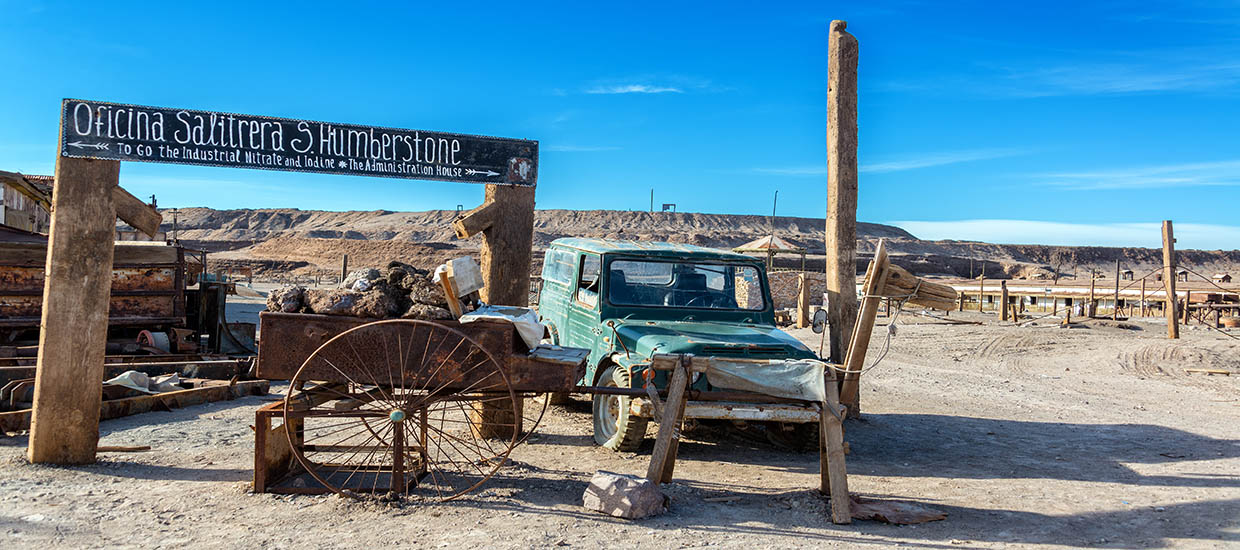MES 604/LAS 304: Fieldwork in Coastal Management
The focus of this course will be Chiloé Island, Chile, the second largest island in Chile and located in southern Chile in the Los Lagos Region. As part of this course, students will explore Chile's physical geography, culture, legal framework and institutions, and tourism-development-aquaculture conflicts. The course will examine different metholodologies for diagnosing the site's socioeconomic, governance, and environmental charactistics.
Participants will meet weekly throughout the semester in Miami to discuss background readings and develop a group research field project that course participants will carry out during a Spring Break trip to the research site in Chiloé Island. Upon return to the University of Miami, the class will prepare manuscripts and presentations based on the field data that course participants have collected during the trip.
Please Note:
This course meets per a normal schedule but also involves travel during spring break.
This course will have a required course fee, but that varies by instructor, destination(s), and year. Please contact the instructor regarding questions about the course fee.
Travel details will be specified by the instructor.
All travel courses have limited capacity. Interested students should contact the instructor as soon as possible.
Contact:
If you are interested in this course, please contact Daniel Suman (dsuman@rsmas.miami.edu). The course is limited to 12-15 persons.
Reminder: All Travel courses are subject to change, and may not be offered each Spring semester. Please contact the instructor with questions.







